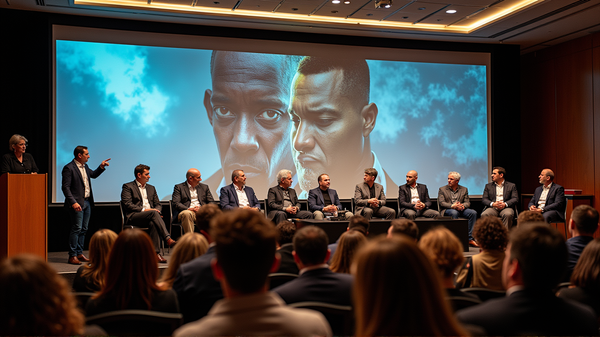
Internet Censorship Around the World
Today we have lots of opportunities online in every sphere of our lives. But not everywhere, people can take advantage of the Open Internet and online freedom. In many countries, apps and websites we use every day are blocked, and the reasons for such restrictions are mostly political ones.

Internet Freedom vs Controlled Use of the Net
ONLINE FREEDOM
Open Internet
In the era of instant digital data transmission, it can be assumed that the possibilities of obtaining information are endless – just one click, and we are on the Internet. We enjoy following the news in any source, watching funny videos on YouTube and TikTok, chatting on WhatsApp, Telegram, Skype, share posts on Twitter, Instagram, Facebook, finding potential love in Tinder and Badoo, and many more.

GEO-RESTRICTIONS
Internet Censorship
Unfortunately, the authorities in many countries worldwide are trying to limit external influences on the country's inhabitants. They block access to the network and censor Internet content according to some of their criteria. In some countries, censorship is used to protect their local traditions and values, maintain political stability or national security, or all of this

POLITICAL MOTIVES
Limits of Freedom
Journalists, bloggers, and ordinary citizens are currently being persecuted and even imprisoned just for wanting to know public information known to the whole world or for sharing their thoughts online. Most of the journalists imprisoned are in countries with strict Internet censorship. More than half of imprisoned journalists worldwide are in prison for "crimes against the state." China is at the top of this list, followed by the Middle East countries, which work together to block any information that harms the power structures in the region.

The Highest Level of Censorship
The first place in the countries ranking with the most extreme Internet censorship took North Korea, receiving ten points. Everything not controlled by the government is prohibited. The Korea National News Agency establishes all the political media as the only source allowed to publish news.
Second the Most Censored Country
China is on the second place, scoring nine points out of ten. Pornography, VPNs, and Western social media are blocked, while political media is severely restricted. Hundreds of popular websites and apps are blocked there, including Facebook, Badoo, TikTok, YouTube, Vimeo, HBO, Netflix, Medium, Quora, and others. It is in China that one of the most advanced web censorship systems in the world operates. The only indulgence is the lack of strict copyright controls, so, technically, torrents are not entirely banned, but sites with them are limited.
More Freedom but Under Control
Russia, Turkmenistan, and Iran shared third place with eight points out of ten. Torrents and VPNs are blocked in Russia, but pornography and social media are not. Access to some sites is accompanied by strict control in the form of a request for a phone number and other personal data, destroying anonymity — LinkedIn, Telegram, Bitcoin-related websites, Google Cloud Platform, YouTube, etc. Iran also blocks VPNs, leaving only government-approved VPNs, making them useless. But, they do not entirely shut down torrents. Pornography is prohibited, but social media is available to some extent, with Instagram and Telegram blocked. The media are heavily censored. Turkmenistan blocks social media and porn but has little control over torrenting and VPNs.
Last But Not the Least
Belarus, Turkey, Oman, Pakistan, the United Arab Emirates, and Eritrea are in fourth place, taking seven points out of ten for similar censorship approaches. Pornography is prohibited everywhere, and the media is also tightly controlled, with Wikipedia and YouTube blocked in some countries. Only Pakistan bans torrenting. Eritrea fights social media, but VPNs are allowed here and there.China, Eritrea, Turkmenistan, and North Korea are currently the only countries to impose full and permanent blocks on social media. In India, the government plans to regulate social networks due to the "disruption" of elections using WhatsApp.
VPN to Bypass Internet Censorship
It is likely that any censorship, including Internet censorship, will not end soon, and it may never end. There will always be someone and somewhere who wants to block access to the dissemination of information and content for political, ideological, religious, or other reasons. Fortunately, many people, people in business, and politicians seek to bypass censorship and influence those who use it. For an ordinary citizen of the world, a VPN can be used to unblock sites. A virtual private network is a web service that changes IP addresses by bypassing censored filters and allowing users to access the Internet freely.
Сonnect to the nearest VPN servers worldwide
Use an encrypted channel
Secure your personal data, anonymity, and confidentiality.
Unblock any websites and apps


VPN to Bypass Internet Censorship
Once you cross the border of any of the listed countries, you will not be able to use the Internet to the fullest extent as you got used to. VPN can be installed on Android or iOS devices to access all your favorite apps like Facebook, Instagram, Twitter, and even Google Maps. Don't wait for censors to block your access to the content you want; if you want social networking sites to be always available to you, use a VPN.












